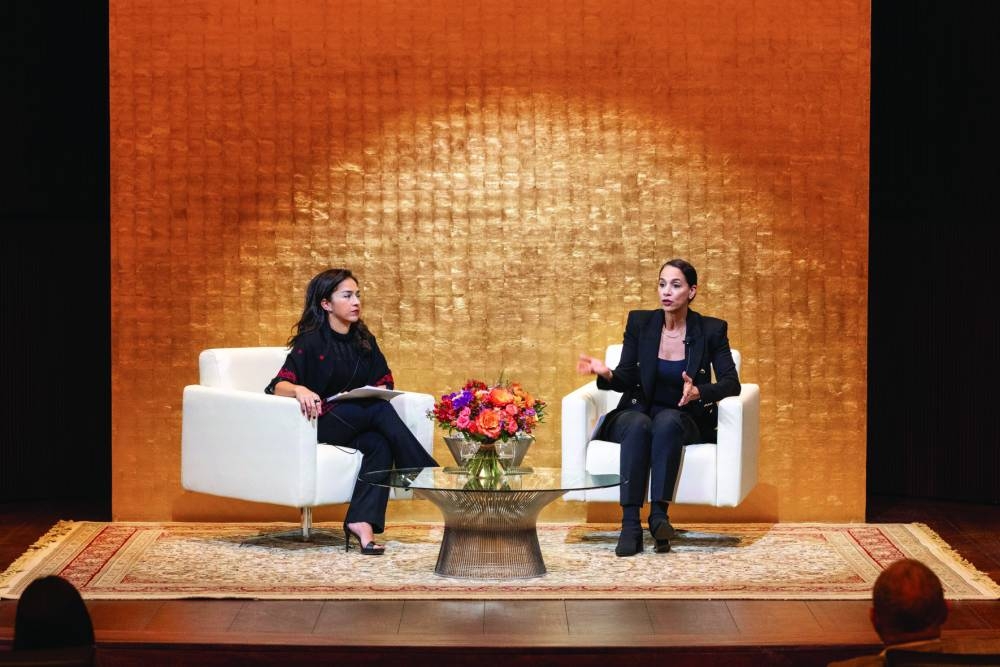During a public talk at Georgetown University in Qatar (GU-Q), Palestinian-American human rights attorney Noura Erakat presented a critical analysis of international law’s potential and limitations as a tool for change, focusing on the International Court of Justice (ICJ)’s interim decision in the case against Israel.
Prof Erekat is an associate professor at Rutgers University, co-founding editor of Jadaliyyah with Dr Bassam Haddad, and the author of Justice For Some: Law and the Question of Palestine, scholarly work and advocacy that has made her a critical voice to Palestinians and the struggle for liberation.
Dr Noha Aboueldahab, assistant professor of International Law, moderated the discussion. In her talk, Prof Erakat acknowledged disappointment that the ICJ decision did not impose a ceasefire, but said there has been too little emphasis on the impact that it did have, arguing, “The ICJ provided a tool to agitate for a ceasefire.”
The court rejected every single one of Israel's arguments, including that this was a legitimate war of self-defence. This has prompted individual countries to impose weapons sanctions, sever diplomatic ties, and initiate criminal cases under universal jurisdiction. In Prof Erakat’s perspective as a critical legal scholar, the ICJ’s conclusions also rejected Israel’s long-standing “exception legal framework,” based on sui generis (Latin for unlike anything else), which has been used to justify new laws that not only shrink who can be counted as a civilian but perpetuate the use of lethal military force.
“There’s this idea that the law is not doing its work,” said Erakat, who went on to show that the law doesn’t take action, it is merely a tool, the effectiveness of which is determined by the balance of economic, military, and social power, historical circumstances, leadership, and who brings the matter forward.
Her exchange with Dr Aboueldahab focused on the meaning of accountability for Palestinians, emphasising universalised, collective responsibility and ethical solidarity. She also highlighted the overriding need for recognition in order to guarantee the right to life and dignity for Palestinians.

Prof Noura Erakat in conversation with Dr Noha Aboueldahab.
